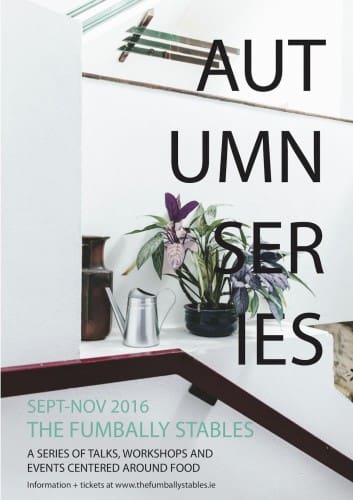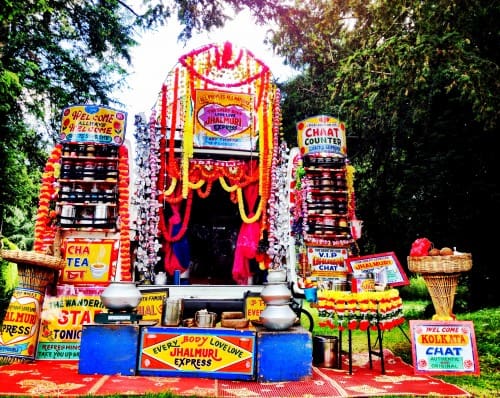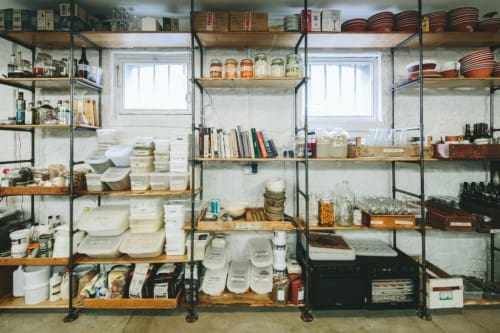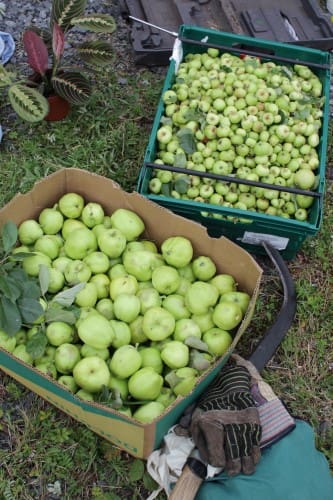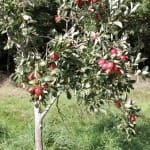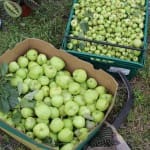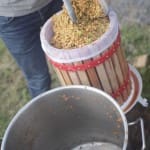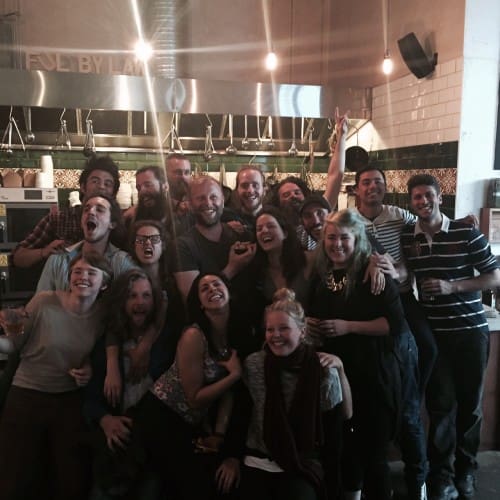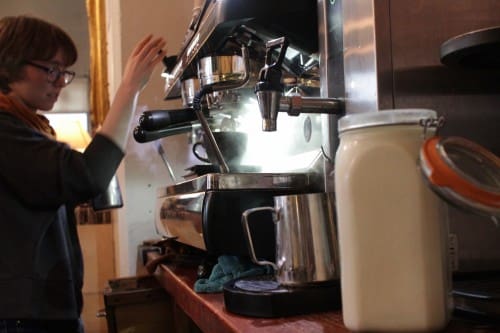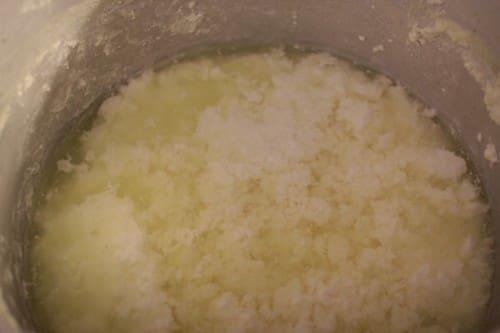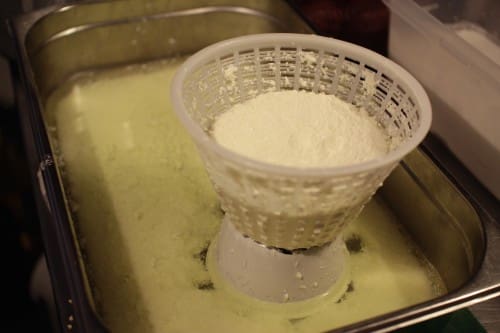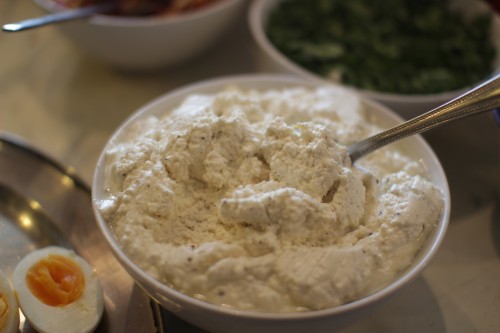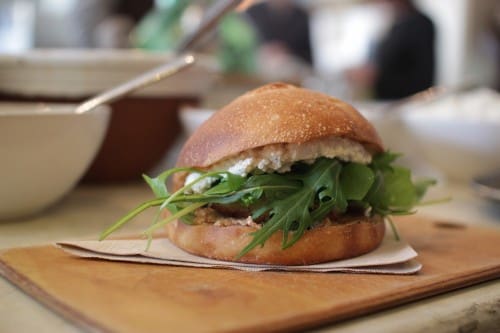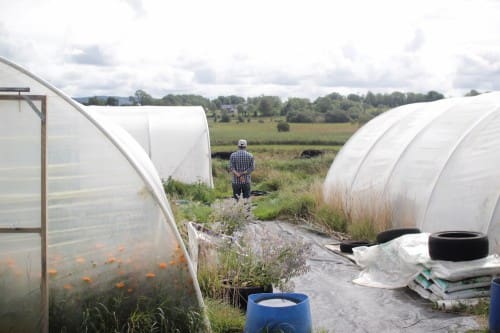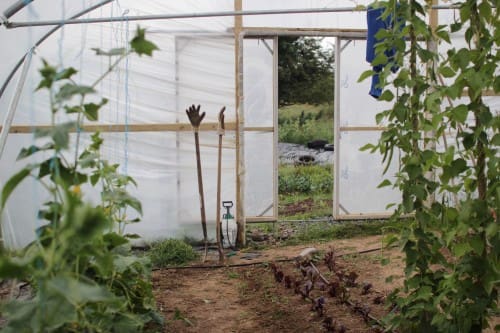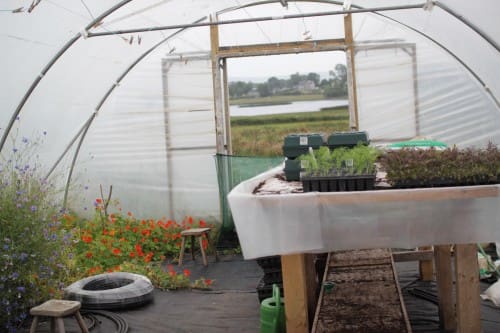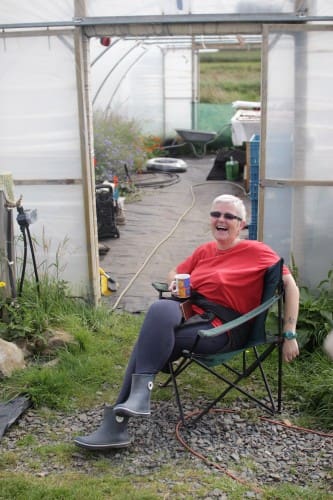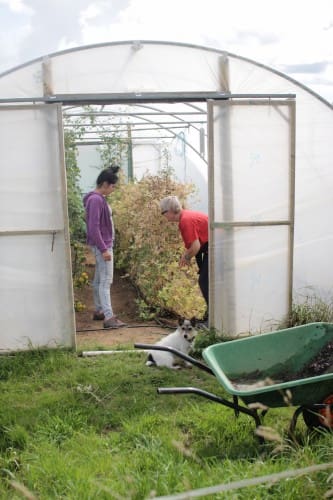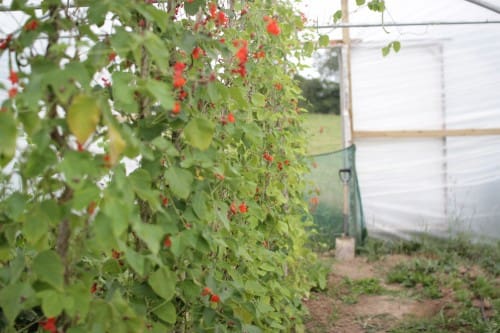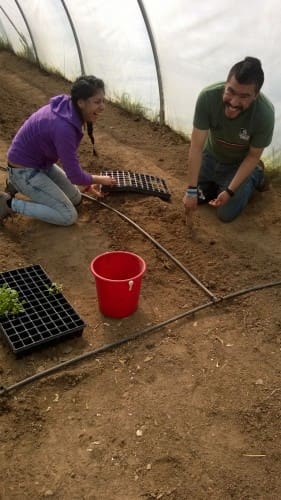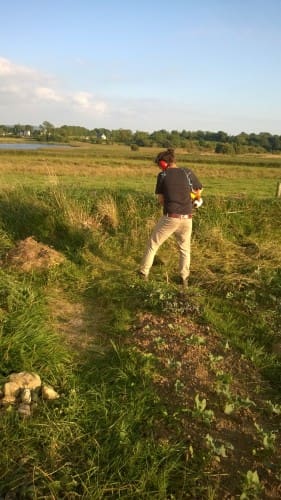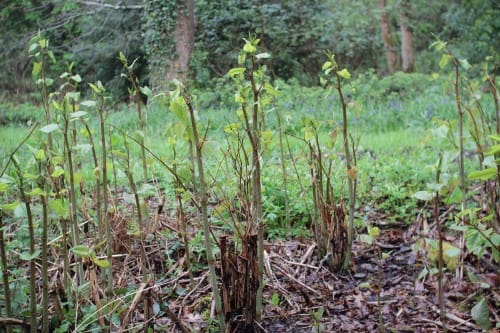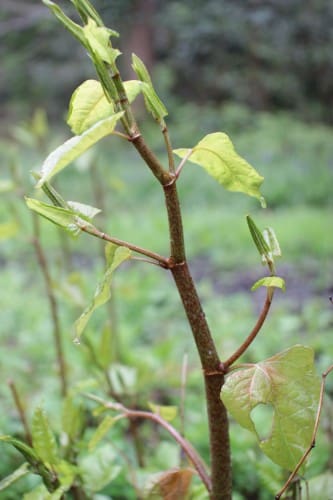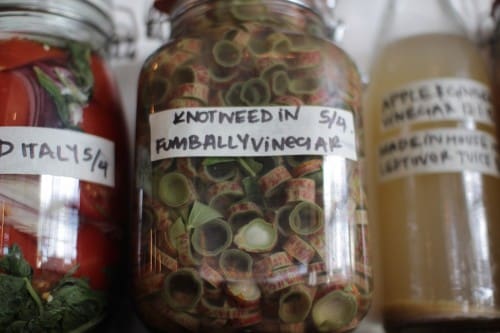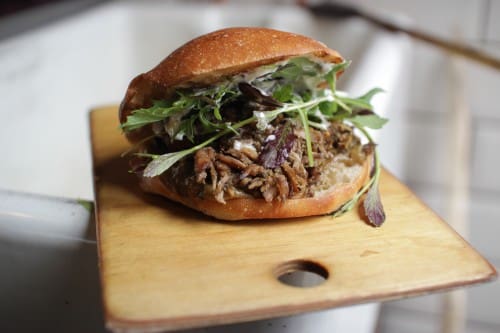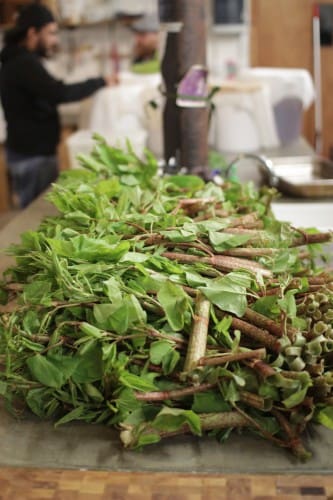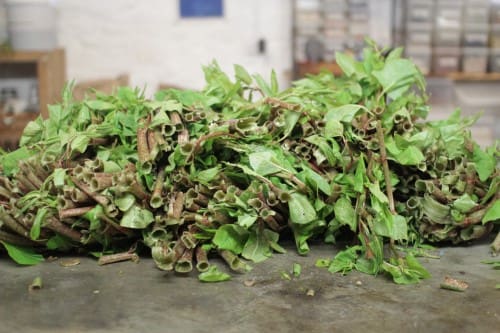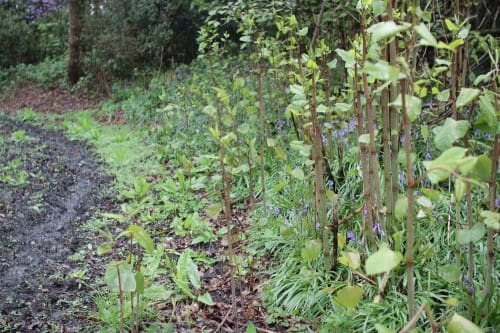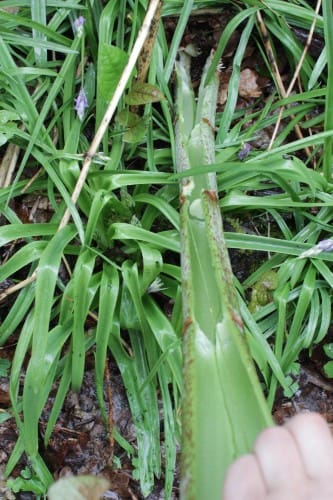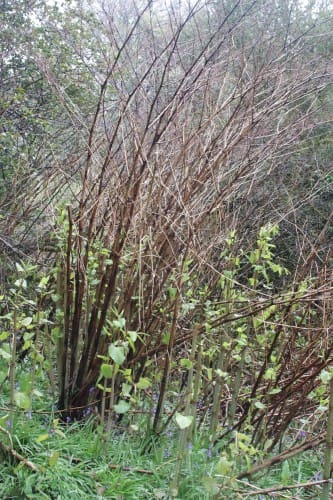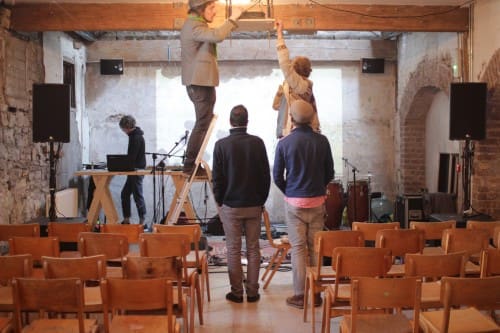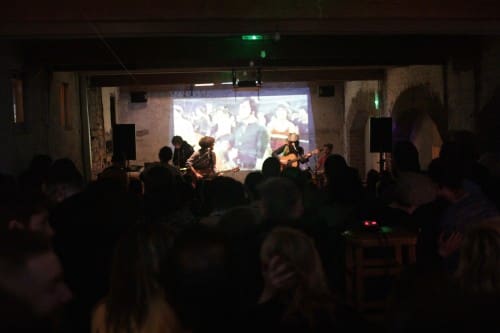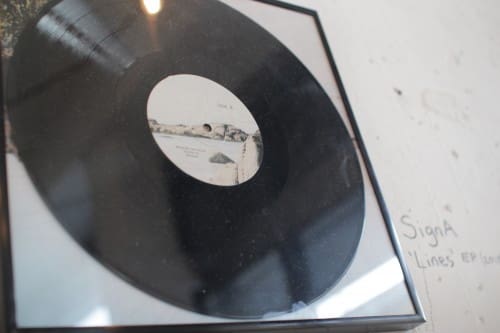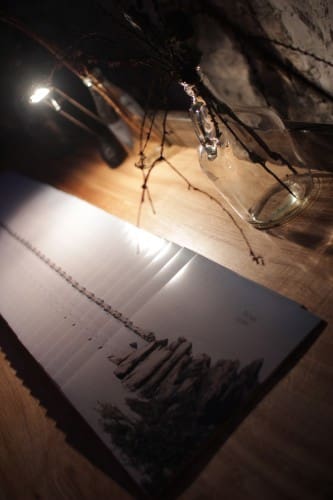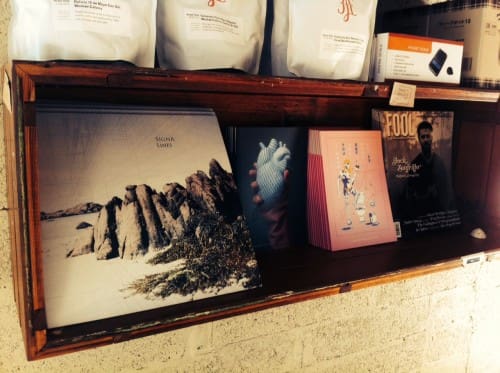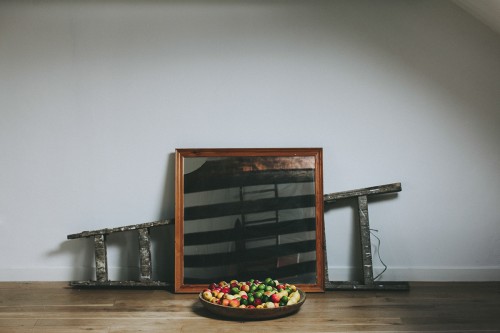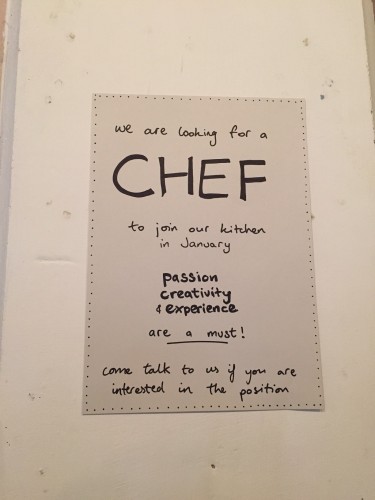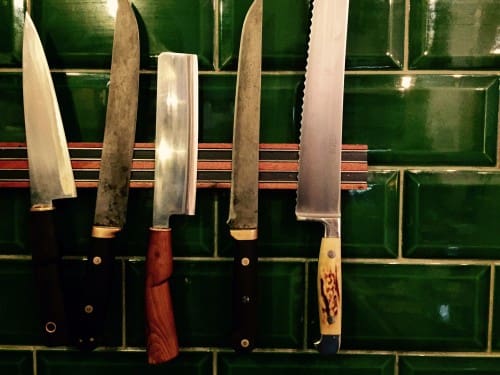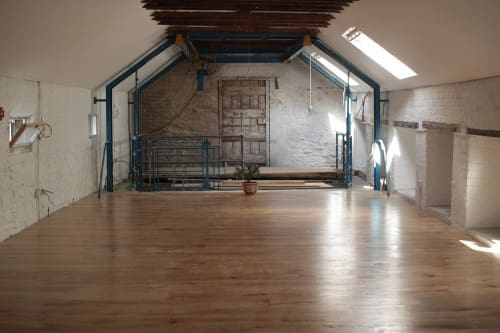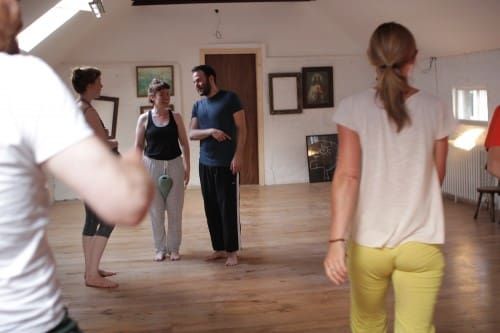AUTUMN SERIES 2016
The Autumn Series is the perfect representation of why we set up The Fumbally Stables.
To engage people in different aspects of food, community and health. But also to have a bit of craic while doing it.
We haven’t set this up with sack loads of cash as an end goal.
We don’t have any big name sponsors feeding into it.
We are doing it because we feel that it is important.
And because we are still learning from all the speakers and teachers around us, at the same time as passing on the knowledge to you guys.
Here are some of the things that will be happening over the coming months:
- Natural fermentation wine tasting with Shane Murphy, upstairs in the loft. A small group, 10 bottles to taste, some wine and cheese and some jazz on the record player.
- Discussing the links between our diet during cancer treatment with Domini Kemp and Patricia Daly. A free event that will no doubt be both informative and passionate.
- The honey bee – our greatest ally in nature. This introductory talk with Sinead Finn is for the budding beekeeper, a taster of what to expect when taking the leap into the hive, and also a greater understanding of the wild bee, how important they are and how we can help them along.
- Angus Denoon will be back to show you how to cook an Indian (Bengali) Feast. After the morning’s workshop you invite 2 of your friends to the dinner party, which is cooked by the group. Angus embodies every colour and flavour of India in his very being.
- Spend a day with The Coffee Collective from Denmark – Talks, Cupping, tasting and lunch included in the day.
- Learn about nature’s medicine cabinet with a Herbs and Health talk with April Dannan
- The biggest treat in the bunch though, is a dinner collaboration from Katie Sanderson and Takashi Miyazaki. A unique night of food pairings….. two of Ireland’s most genuinely passionate and creative chefs. They will be coming up with dishes together over the next couple of months which will be paired with a number of teas, sake and wine.
Ichie-go Ichi-e 一期一会 is a beautiful Japanese proverb that means a moment specific to the people and the place, a meeting that time cannot recreate.
You can see the rest of the programme for the Series and ticket information here:
http://thefumballystables.ie/education/2016-autumn-series/

